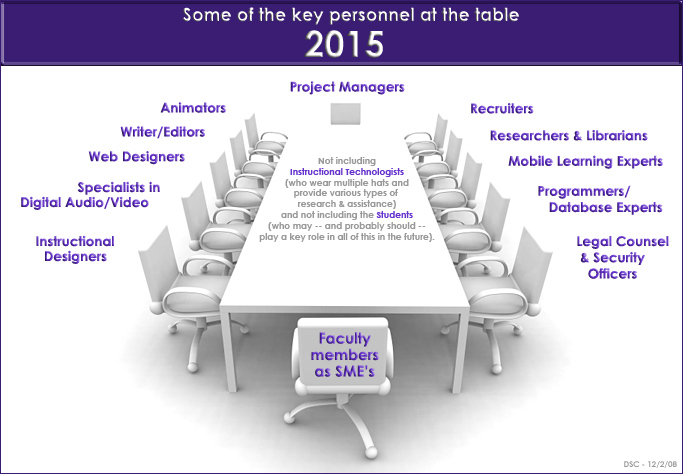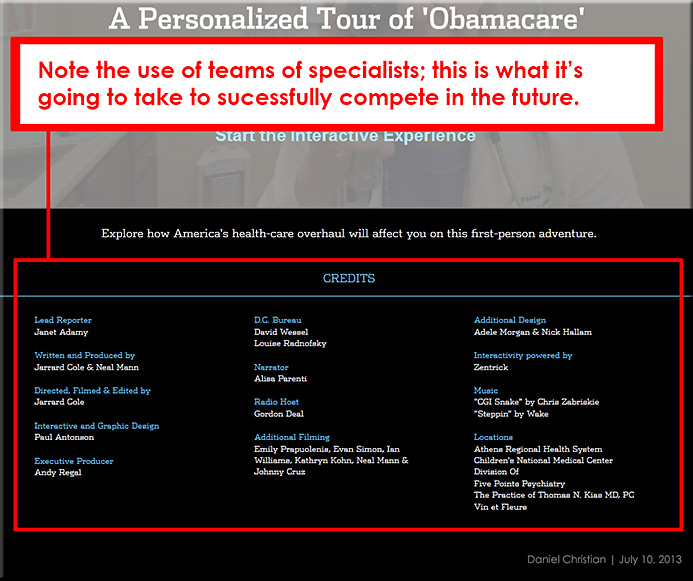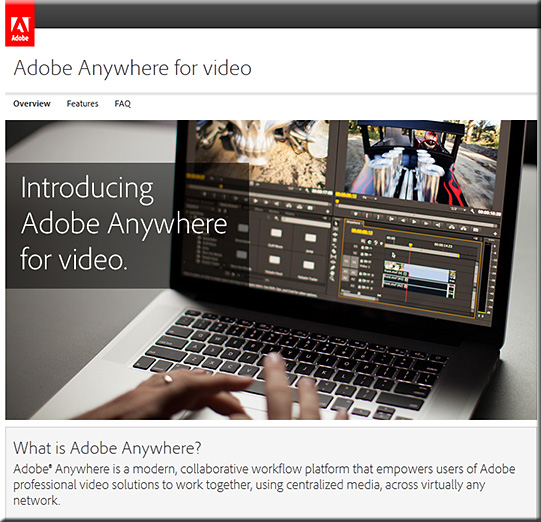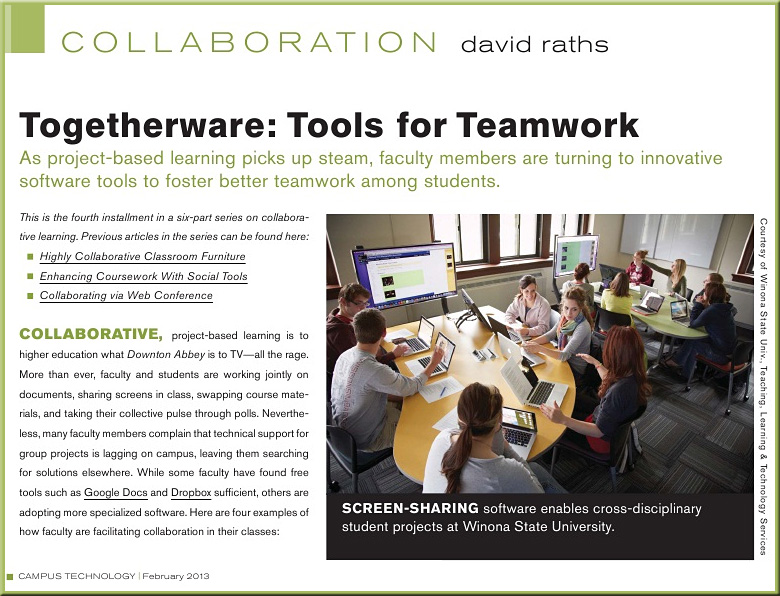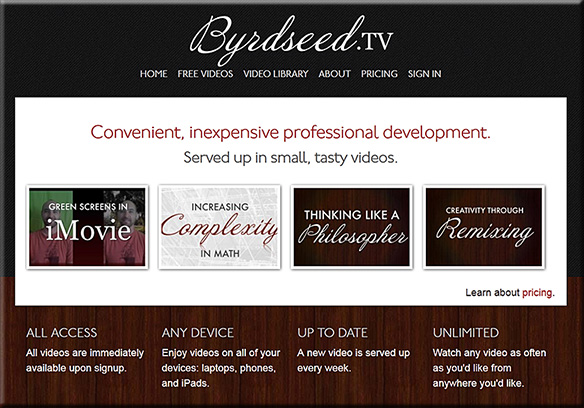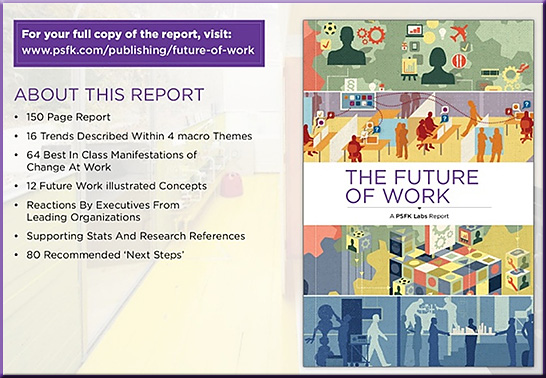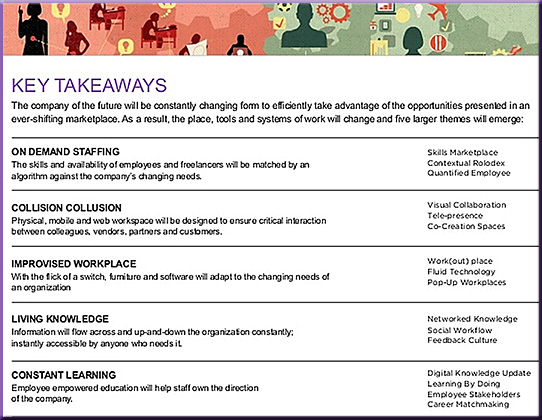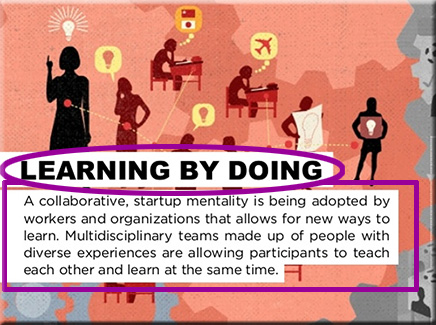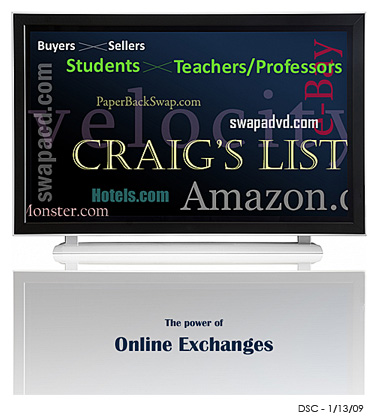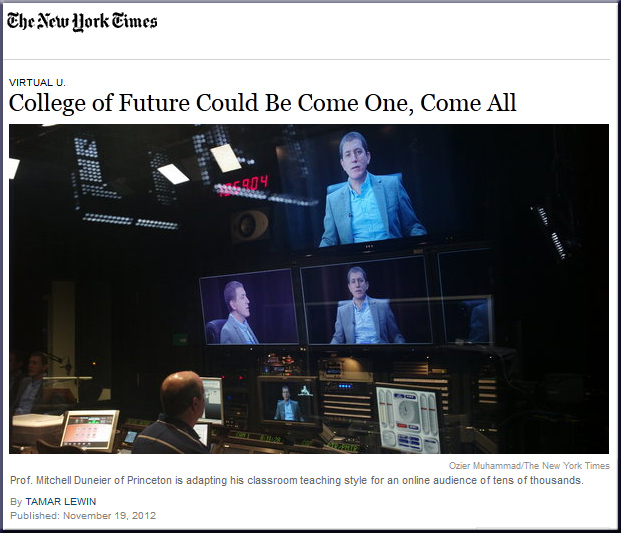Designing Higher Learning — from learnlets.com by Clark Quinn
Excerpt (additional emphasis DSC):
I’ve been thinking a lot about the higher education situation, specifically for-profit universities. One of the things I see is that somehow no one’s really addressing the quality of the learning experience, and it seems like a huge blindspot.
I realize that in many cases they’re caught between a rock and a hard place. They want to keep costs down, and they’re heavily scrutinized. Consequently, they worry very much about having the right content. It’s vetted by Subject Matter Experts (SMEs), and has to be produced in a way that, increasingly, it can serve face to face (F2F) or online. And I think there’s a big opportunity missed. Even if they’re buying content from publishers, they are focused on content, not experience. Both for the learner, and developing learner’s transferable and long-term skills.
From DSC:
I commented on Clark’s blog how much I appreciate him putting that posting out there and helping us think through things. I like his emphasis on creating an effective, engaging learning experience. This is why I think it will take a team-based approach in the future, as no one person has all of the skills to provide this type of experience. Clark alluded to this as well in his posting when he discusses some of the various roles out there (SME, ID, etc.). It reminds me of a graphic I did back in 2008 (with higher ed in mind):
